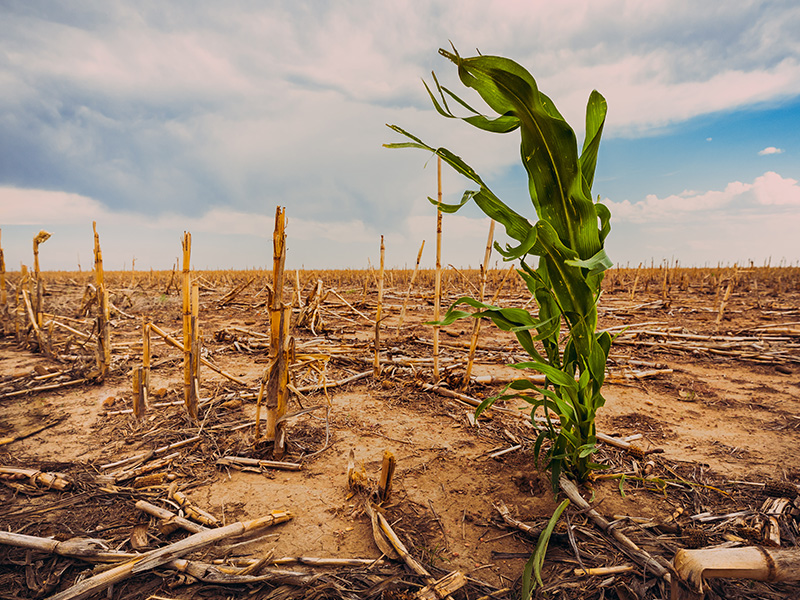Climate change poses significant challenges to global agri-food systems. For example, increased drought and flooding can have large effects on crop yields and food prices. The agri-food system also contributes to global greenhouse gas (GHG) emissions. The agri-food system will need to meet increasing demand while limiting GHG emissions, in order to sustainably feed a growing population. Technological advances could support how we address this issue.

I was principal investigator for a seed grant supported by the Science and Technology Facilities Council Science and Food Network (SFN). I led the research team at RAND Europe with support from many collaborators.
The project aimed to identify the potential for technological innovations developed in astro-, nuclear, and particle physics as well as space science to mitigate climate change impacts in the agri-food sector.
The project involved a review of SFN-supported initiatives. These initiatives bring together promising new and emerging technologies (e.g. sensors, lasers, data science, robotics) with food systems challenges. The project identifies whether these initiatives demonstrate potential for GHG reductions.
